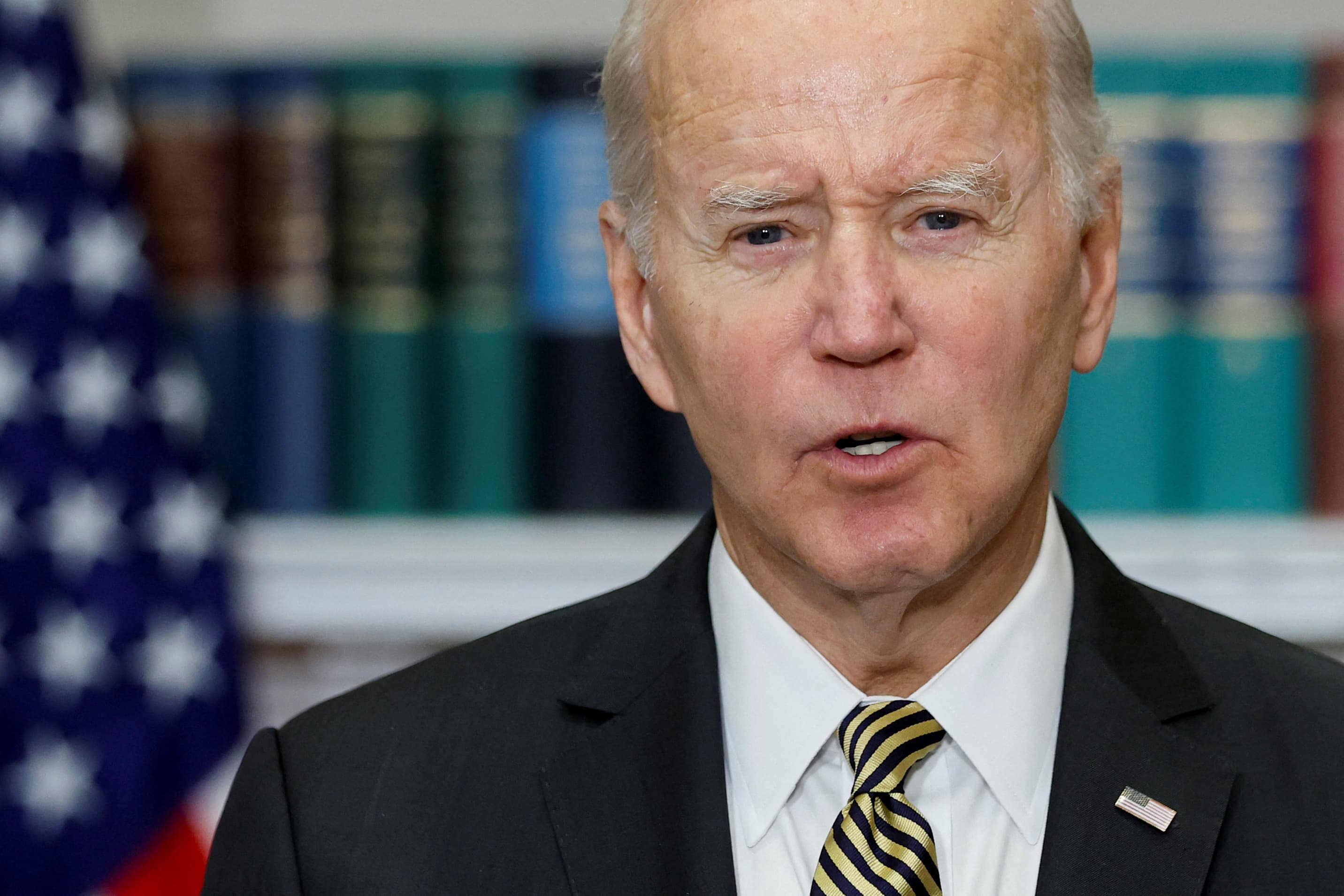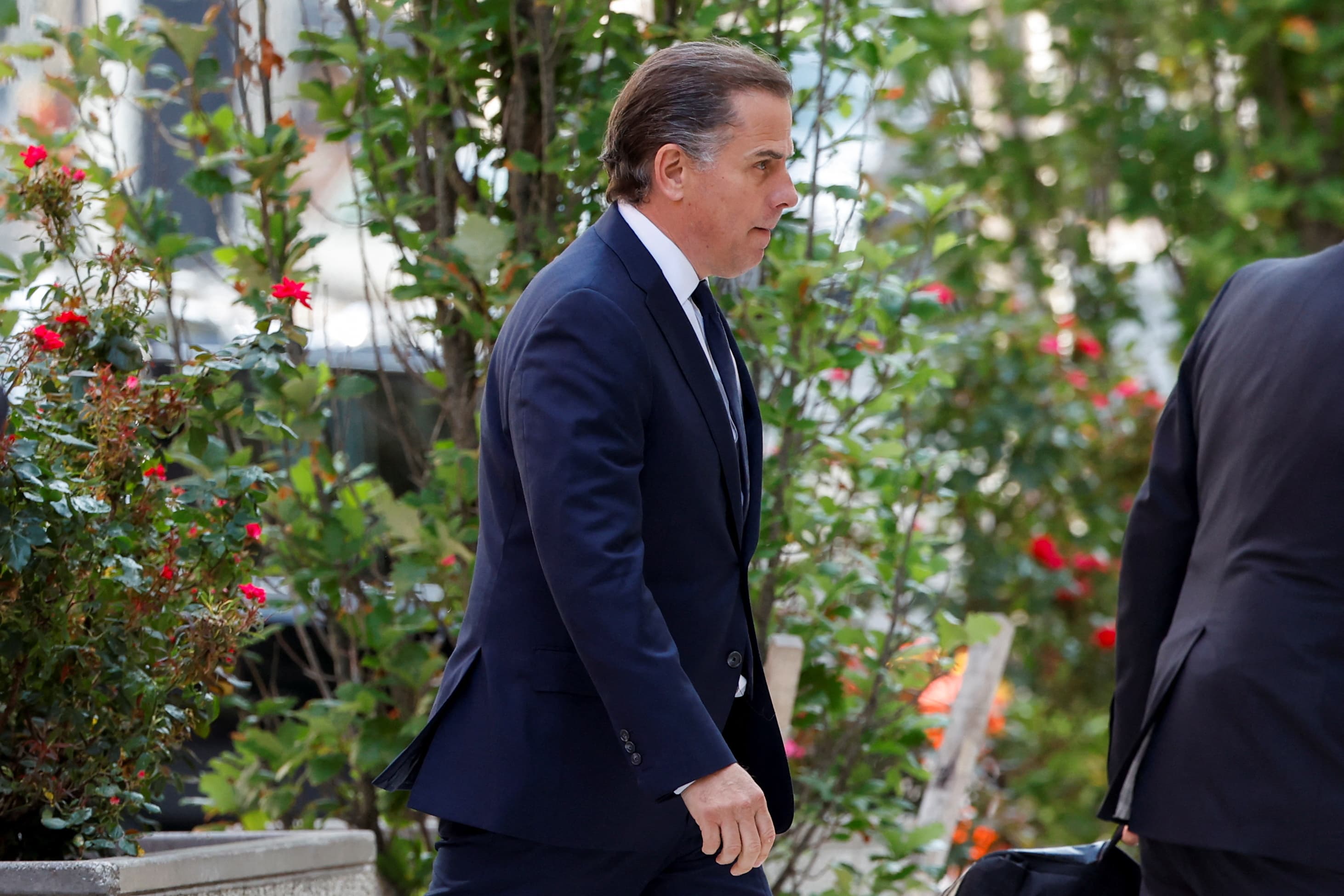Who is the Biden hospice patient, and why is their health condition significant?
Biden has been admitted to Walter Reed National Military Medical Center for observation after experiencing mild concussion-like symptoms. He is currently undergoing tests to determine the cause of his symptoms.
Biden's health is of significant public interest because he is the oldest person to ever serve as President of the United States. His health and fitness for office have been the subject of much speculation and debate.
Transition to main article topics
Biden in HospiceIntroduction
Presidential Disability and SuccessionIntroduction
The Political LandscapeIntroduction
Biden in Hospice
President Biden's recent health issues have raised concerns about his ability to serve as President. This article will explore five key aspects of "Biden in hospice" and their implications for the President and the country.
- Presidential Disability and Succession: The 25th Amendment provides for the transfer of power to the Vice President if the President is unable to discharge the duties of office.
- The Political Landscape: Biden's health could impact the upcoming midterm elections and the 2024 presidential election.
- Public Perception: Biden's health could affect public confidence in the President and the government.
- Historical Precedents: There is precedent for presidents facing health challenges while in office, including Woodrow Wilson and Dwight Eisenhower.
- Ethical Considerations: There are ethical considerations terkait with the President's health and his ability to serve.
These five aspects are interconnected and complex. Biden's health could have a significant impact on his presidency and the country. It is important to consider all of these factors when discussing the implications of "Biden in hospice."
Presidential Disability and Succession
The 25th Amendment to the US Constitution provides a framework for addressing presidential disability and succession. It includes provisions for the temporary transfer of power to the Vice President if the President is unable to discharge the duties of office due to illness, injury, or other incapacity.
In the context of "Biden in hospice," the 25th Amendment takes on particular significance. President Biden's recent health issues have raised concerns about his ability to serve as President. If Biden's health condition were to deteriorate to the point where he is unable to discharge the duties of office, the 25th Amendment would provide a clear mechanism for transferring power to Vice President Kamala Harris.
The 25th Amendment has been invoked on a few occasions in the past, most notably in 1985 when President Ronald Reagan underwent surgery. Reagan temporarily transferred power to Vice President George H.W. Bush while he was under anesthesia. The transfer of power was smooth and orderly, and Reagan resumed his duties once he recovered.
The 25th Amendment is an important safeguard for the continuity of government in the event of presidential disability. It provides a clear and orderly process for transferring power to the Vice President, ensuring that the government can continue to function even if the President is unable to serve.
The Political Landscape
President Biden's health is a major factor in the upcoming midterm elections and the 2024 presidential election. If Biden's health were to deteriorate, it could have a significant impact on the political landscape.
In the midterm elections, Biden's health could affect voter turnout and support for Democratic candidates. If voters are concerned about Biden's ability to serve as President, they may be less likely to vote for Democratic candidates. This could lead to losses for the Democratic Party in the House and Senate.
In the 2024 presidential election, Biden's health could affect his ability to run for re-election. If Biden's health is poor, he may choose not to run for re-election. This could open the door for a competitive Democratic primary and a potentially easier path to victory for the Republican nominee.
Biden's health is also a factor in the ongoing debate about the future of the Democratic Party. Some Democrats believe that Biden is too old to run for re-election and that the party needs to find a younger candidate. Others believe that Biden is still the best candidate to lead the party in 2024. Biden's health will be a major factor in this debate.
Overall, Biden's health is a major factor in the upcoming midterm elections and the 2024 presidential election. It is a complex issue with no easy answers. However, it is an issue that voters and political strategists will need to consider as they make their decisions.
Public Perception
President Biden's health is a matter of public concern. The public's perception of Biden's health could have a significant impact on their confidence in the President and the government as a whole.
If the public believes that Biden is in good health and is able to handle the demands of the presidency, they are more likely to have confidence in his ability to lead the country. Conversely, if the public believes that Biden is in poor health or is unable to handle the demands of the presidency, they are less likely to have confidence in his ability to lead the country.
The public's perception of Biden's health could also affect their confidence in the government as a whole. If the public believes that the President is in good health and is able to handle the demands of the presidency, they are more likely to have confidence in the government's ability to function effectively. Conversely, if the public believes that the President is in poor health or is unable to handle the demands of the presidency, they are less likely to have confidence in the government's ability to function effectively.
Overall, the public's perception of Biden's health is an important factor in their confidence in the President and the government as a whole.
Historical Precedents
The issue of presidential health and fitness has been a topic of public debate for many years. Recent concerns about President Biden's health have led to discussions about historical precedents for presidents facing health challenges while in office.
- Woodrow Wilson
Woodrow Wilson suffered a debilitating stroke in October 1919, which left him partially paralyzed and unable to perform his duties as President for several months. Vice President Thomas Marshall assumed the duties of the presidency during this time, but Wilson eventually resumed his duties.
- Dwight Eisenhower
Dwight Eisenhower suffered a heart attack in September 1955, which led to a lengthy hospitalization. Vice President Richard Nixon assumed the duties of the presidency during this time, but Eisenhower eventually resumed his duties.
These are just two examples of presidents who have faced health challenges while in office. In both cases, the Vice President assumed the duties of the presidency, but the President eventually resumed his duties.
The issue of presidential health and fitness is a complex one. There is no easy answer to the question of what constitutes "good health" for a president. However, the historical precedents of Wilson and Eisenhower suggest that it is possible for a president to continue to serve in office even after facing a serious health challenge.
Ethical Considerations
The issue of "Biden in hospice" raises a number of ethical considerations related to the President's health and his ability to serve. These considerations include:
- The President's Duty to Serve
The President has a duty to serve the people of the United States and to fulfill the responsibilities of the office. This duty includes being able to carry out the duties of the presidency, both physically and mentally. If the President is unable to fulfill this duty, then it may be necessary for him to step down.
- The Public's Right to Know
The public has a right to know about the health of the President. This is because the President's health can have a significant impact on the country. If the President is unable to serve, then the public needs to know so that they can make informed decisions about the future.
- The President's Right to Privacy
The President also has a right to privacy. This means that he has the right to keep his medical information confidential. However, the public's right to know may outweigh the President's right to privacy in some cases.
- The Need for a Clear and Orderly Succession Plan
There needs to be a clear and orderly succession plan in place in the event that the President is unable to serve. This plan should ensure that there is a smooth transition of power and that the country remains stable.
The ethical considerations related to "Biden in hospice" are complex. There is no easy answer to the question of what should be done. However, it is important to consider all of these factors when making decisions about the President's health and his ability to serve.
Frequently Asked Questions about "Biden in Hospice"
This section provides brief answers to some of the most frequently asked questions about "Biden in Hospice".
Question 1: What is the significance of "Biden in Hospice"?
Answer: "Biden in Hospice" refers to the recent health issues experienced by President Biden. These issues have raised concerns about his ability to serve as President and the potential implications for the country.
Question 2: What are the potential implications of "Biden in Hospice" for the country?
Answer: The potential implications of "Biden in Hospice" for the country include a transfer of power to the Vice President, a change in the political landscape, and a loss of public confidence in the President and the government.
Question 3: What are the ethical considerations related to "Biden in Hospice"?
Answer: The ethical considerations related to "Biden in Hospice" include the President's duty to serve, the public's right to know, the President's right to privacy, and the need for a clear and orderly succession plan.
Question 4: What is the historical precedent for presidents facing health challenges while in office?
Answer: There is historical precedent for presidents facing health challenges while in office, including Woodrow Wilson and Dwight Eisenhower. In both cases, the Vice President assumed the duties of the presidency, but the President eventually resumed his duties.
Question 5: What is the public's perception of "Biden in Hospice"?
Answer: The public's perception of "Biden in Hospice" is likely to vary. Some people may be concerned about Biden's ability to serve as President, while others may believe that he is still capable of carrying out his duties. The public's perception of Biden's health could have a significant impact on their confidence in the President and the government as a whole.
Summary: "Biden in Hospice" is a complex issue with no easy answers. It is important to consider all of the relevant factors, including the President's health, the potential implications for the country, and the ethical considerations involved.
Conclusion
The issue of "Biden in hospice" is a complex and challenging one. There are no easy answers, and it is important to consider all of the relevant factors. These factors include the President's health, the potential implications for the country, and the ethical considerations involved.
The public's perception of Biden's health is likely to vary. Some people may be concerned about Biden's ability to serve as President, while others may believe that he is still capable of carrying out his duties. The public's perception of Biden's health could have a significant impact on their confidence in the President and the government as a whole.
Ultimately, the decision of whether or not Biden should remain in office is a difficult one. There are no easy answers, and it is important to weigh all of the relevant factors carefully.
Article Recommendations



ncG1vNJzZmiclaK8b7HNnqmgoaOirrPAjaemaKqVobKiv8SsaWiamZmyr3nIp2Shp6OltrR6x62kpQ%3D%3D